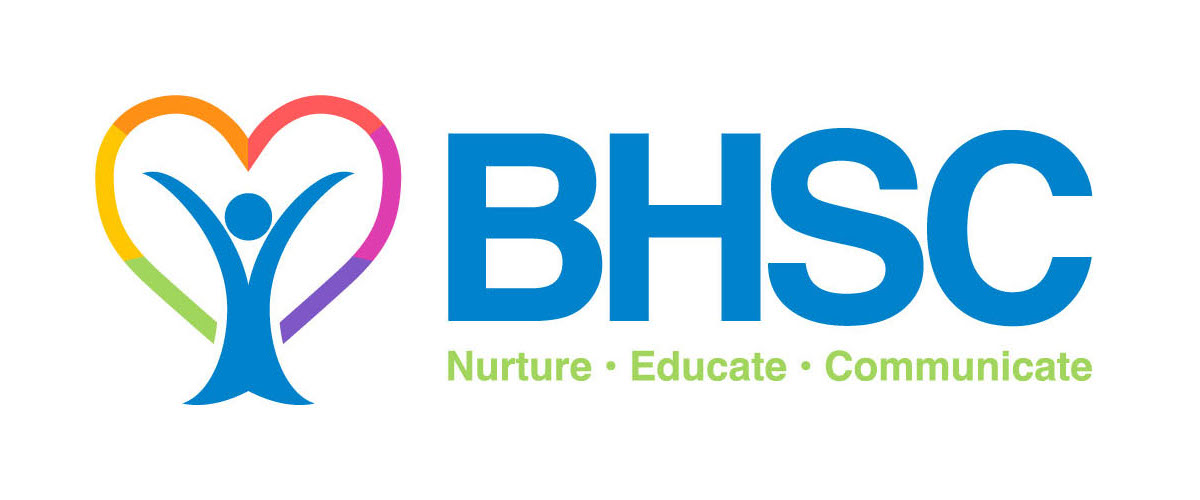The Science of “Dad”
I will begin by admitting that I, like many men, suffer from occasional anxieties and even a bit of guilt about whether or not I am, and have been, a good father. I grew up in an Italian family where outside of the family things look to be male dominated, but most people who grew up “Italian” will readily admit that Italian families are highly matriarchal in form and function especially when it comes to parenting. So my models of parenting were largely traditional ones common to the 50’s and 60’s.
Today, parenting is much less “traditional” in many homes and we know that good and positive parenting come in all shapes, sizes and variations. All of this is It is always good for children when they are surrounded by loving people in their lives regardless of any role or gender stereotypes or restrictions. But, it still begs the question- is the “dad role” something that is important in the healthy development of a child.
Given the gender roles that have been traditional to the parenting experience I have not always been sure what the expected role-outcome relationship should be for fathers and their children. Culturally and traditionally, it has been assumed that a mother’s bond and relationship with her children is the most important. But, we know today that fathers are just as crucial for children to grow up healthy and well, and according to polls are just as skilled at parenting. So why is the father’s role usually seen as coming second to the mom role?
I thought that I could best answer this question by presenting some research around the science of “fathering”. Here are some of my findings. I hope it helps to underscore how critical a father’s role and behavior are to the positive developmental outcomes of his children. On a personal note, I hope that I have done my best as a father for my two grown children…but I wish that I had known then what I know now in this interesting debate about the influence of father’s in the family.
Research for the Fatherhood Institute discovered that almost 7 out of 10 mothers believe that dad is just as good at looking after the children as they are, but found that dads spend on average at least 1 month less with their children every year. The same research also discovered that around 7 in 10 men and women think that society values a father’s relationship to their child less than a mother’s. This societal de-valuing of dad’s role is still made today despite numerous research evidence that links an absent father figure to youth crime and poor results at school. But, the times certainly are changing in regard to the historical roles and context of fraternal and maternal influence in the family.
There is little doubt that engaged father’s help children flourish. While traditionally men have been the “breadwinners” bringing more money to the parenting enterprise, there exists today a rising role of women as breadwinners in a larger majority of families. This one change alone has had significant impact on the changing roles and value orientation of a father’s influence on his children.
The bumbling dad stereotype is still a favorite caricature for marketers. In March 2012, the diaper brand Huggies ran an ad campaign that called alone time with dad “the ultimate test” for their diapers – a phrasing taken to mean that fathers were too dumb to handle diaper changing. The brand quickly learned that modern dads don’t take kindly to such implications. After an outcry and an online petition, Huggies pulled the ads and altered them to be more dad-friendly.
The incident illustrates how fatherhood, like motherhood, has changed with time. Mothers still take on a disproportionate amount of child care and household tasks compared with dads, but fathers are catching up (but definitely not as quickly as mom’s would like and expect). As of 2011, fathers spent seven hours a week on child care and 10 hours a week on housework, according to the Pew Research Center (and that trend data still holds today). That’s approximately only half of what mothers do, but it’s a huge leap from 1965, when dads did only two-and-a-half hours a week of child care and less than four hours of housework.
Increasingly involved dads are good news for children, studies suggest. For example, dads who nurture and play with their babies have children who grow up to have higher IQs, according to a 2006 report by the Office on Child Abuse and Neglect. These benefits extend into the teen years: In 2001, the U.S. Department of Education found that children with highly involved biological fathers were 43 percent more likely than children without involved biological dads to earn mostly A’s in school. (Other studies of fatherhood suggest that stepdads, adoptive fathers and other father figures can provide the same kinds of benefits for children as biological dads.)
[And] as an egalitarian modern thinking man (my description of myself-not validated by any externals) I am happy to tell you to feel free to throw stereotypes about maternal instinct besting dad’s parenting skills out the window. A paper recently published in the journal [Nature Communications] revealed that it is experience, not gender, which cues a parent into his or her child’s voice. As long as men spent at least four hours a day with their baby, they were as good as moms at telling the difference between their infant’s cry and those of other babies.Dads influence their children’s’ lives particularly strongly in four areas, stated Wilcox and Kline, who co-edited the book “Gender and Parenthood: Biological and Social Scientific Perspectives”. One is how they play with their children: Dads are more likely to roughhouse than moms, a style of play that helps teach children to control their bodies and emotions. Fathers are also more likely to encourage a child to embrace risk, both on the playground and in life. This influences the ambitions of children over the long run. Dads who believe in gender equality, for example, are more likely than dads with sexist beliefs to have daughters with high career ambitions, according to research presented at the 2013 meeting of the Society for Personality and Social Psychology. In fact, dads’ gender beliefs were more influential on their daughters than moms’ beliefs.
A strong relationship with dads protects children, too, Wilcox/Kline said. Children with involved fathers are less likely to become victims of sexual assault or abuse. A good relationship with dad can also influence a child’s sexual behavior. Teens close with their fathers start having sex later, on average, an October 2012 study in the journal Pediatrics found. Teens listen to their dads, even if it may not seem like it, the study also found: Fathers who approved of early sexual activity were more likely to have sexually active teens compared with dads who disapproved. (The study included stepfathers, biological fathers, adoptive fathers and even male “father figures” such as uncles under the umbrella of dads.)
Finally, Wilcox/Kline said, there is a tendency for Dad’s to lay down firmer discipline than moms. Mothers discipline children more, because they spend more time with children, but their strategies tend to allow for more negotiation and flexible rules. Neither strategy is better or worse, the researchers concluded, but it benefits children to be exposed to both. I commented upon this somewhat in my prior essay where I talked about parenting differences in the 50’s/60’s versus today where the model back then clearly was more oriented toward this duel mother-father disciplinary strategy.
Dads are often cited for their influence on their sons, but the father-daughter relationship is extremely important, too, said Linda Nielsen, a Wake Forest University Psychologist and author of “Father-Daughter Relationships who said that the father is generally going to have a greater impact on his daughter’s ambitions, assertiveness, the kinds of attitudes she needs to get ahead in school and to get ahead in the world of work and to get ahead financially. Dr. Nielsen stated that is because even as more and more moms work outside the home, fathers disproportionately are still more likely to have jobs requiring assertiveness, negotiation skills and leadership.
As for how to build the kind of father-child relationship that will help children get ahead, Nielsen recommended lots of quality time and encourages moms to get on board. Mothers often act as “gatekeepers” in how close a child, especially a daughter, gets with her dad. If mom is hurt when a daughter wants to confide in dad, it can stall that father-daughter dynamic. Meanwhile, dads should open up to daughters about personal matters, Nielsen said, getting off the track of talking mostly about the weather, sports and money.
So…to sum it all up- Both parenting roles are important to the developing child. Who they are played by matters less than the fact that the roles are present in the home to exert the gentle pressures of parental guidance and teaching on children.
The bottom line specific to the paternal science is simple: A caring dad matters. Planning for ways to spend more time with their children, supporting the household by involving themselves more in direct child rearing activities at all ages and opening up more personally to their children are ways that can help make the science of fathering more positively successful with father-child outcomes. The more dads engage with their children the more likely their children are to flourish.
Be well, joe cozzo




